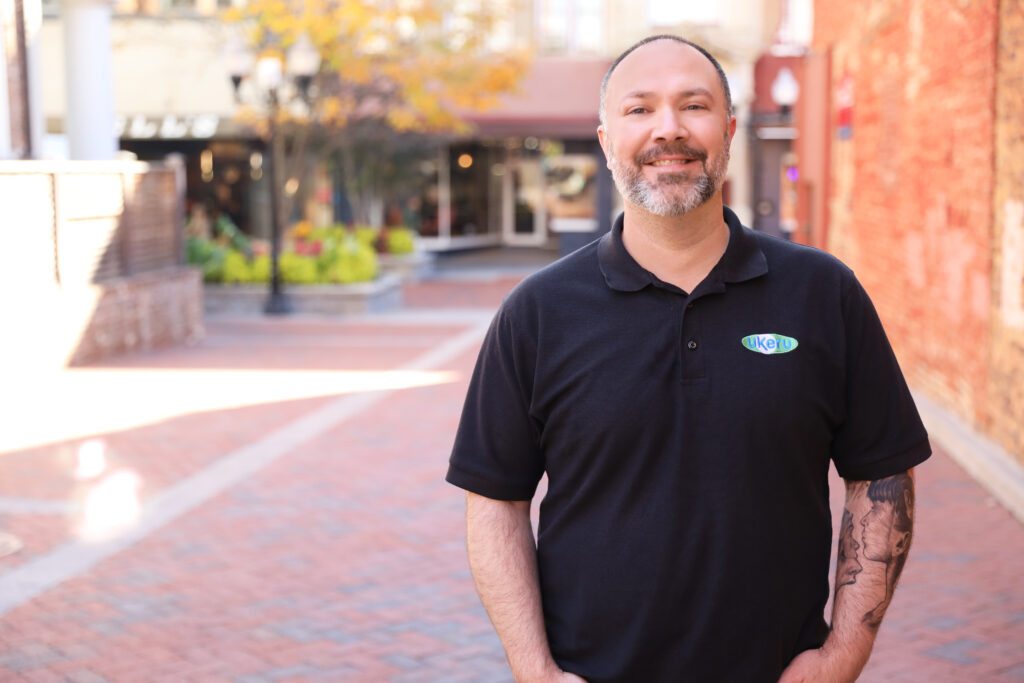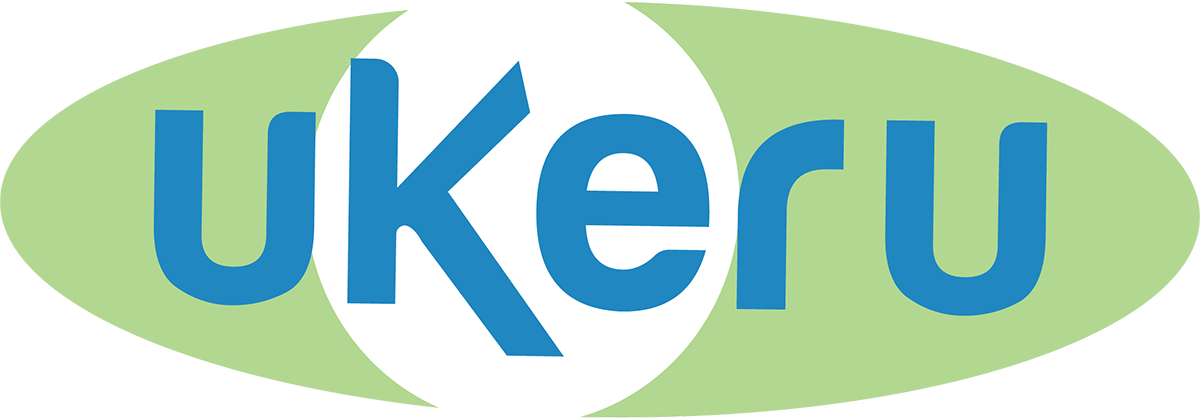
By Christopher Feltner, Training Architect
Often, I come across the same mindset when training new schools and organizations; what I call the mindset of containment. If you have had me as a trainer in the past year, you’ve likely heard me talk about “containment” vs “treatment” and/or “education.” The mindset of containment is largely based on the belief that the individuals being served “need discipline” because they “can’t ________ in the real world!” Sometimes, you’ll hear staff say things like, “These kids/adults don’t have enough consequences,” or some have reported that more compliance-based coworkers saying to them, “you smile too much around these kids/adults; you need to be tougher.”
Over the years, I have heard a lot of talk of children and adults in residential settings becoming “systematized”, and the “school-to-prison pipeline.” In 2020, I wrote a blog about the mythology around the effectiveness of punishment, and a three-part series on mindset (parts 1, 2 and 3), but there is a side effect of compliance that isn’t talked about, or at least not enough: Dependency. Forcing compliance leads to dependency.
In correctional settings, the model is containment. You follow directions or you get bombarded with punishment until you submit. Your schedule and choices are made for you. In the end, you become reliant on someone of authority telling you what to do and when. Independence is discouraged. There is no empowerment.
When someone we serve in an education or treatment-based setting is dominated using punishment-based consequences and intimidated into compliance, we’re conditioning someone to submit. Instead of teaching someone what they should do instead, and why, we end up making someone comply to avoid the punishment. The issue is that punishment doesn’t teach, and is only perceived effective when the punisher is present.
Our goal is to teach someone the skills needed to thrive in life and society, as independently as possible. In a treatment setting, we work with individuals to heal from their trauma and/or develop coping skills and self-regulation to be able to learn skills to thrive. A focus on compliance via punishment won’t achieve this. What it will do is teach someone to rely on a person of authority to make their choices for them, and provide for their needs without learning to do this for themselves. In essence, we condition someone (particularly) with behavior challenges to become dependent in a way that grooms an individual for more and more restrictive settings versus empowering the person with the behavioral and technical skills needed to live as successfully (and independently) as possible.
As we serve our children and adults, we need to analyze our mindset and approach against this: Are we teaching someone to become empowered or dependent?




